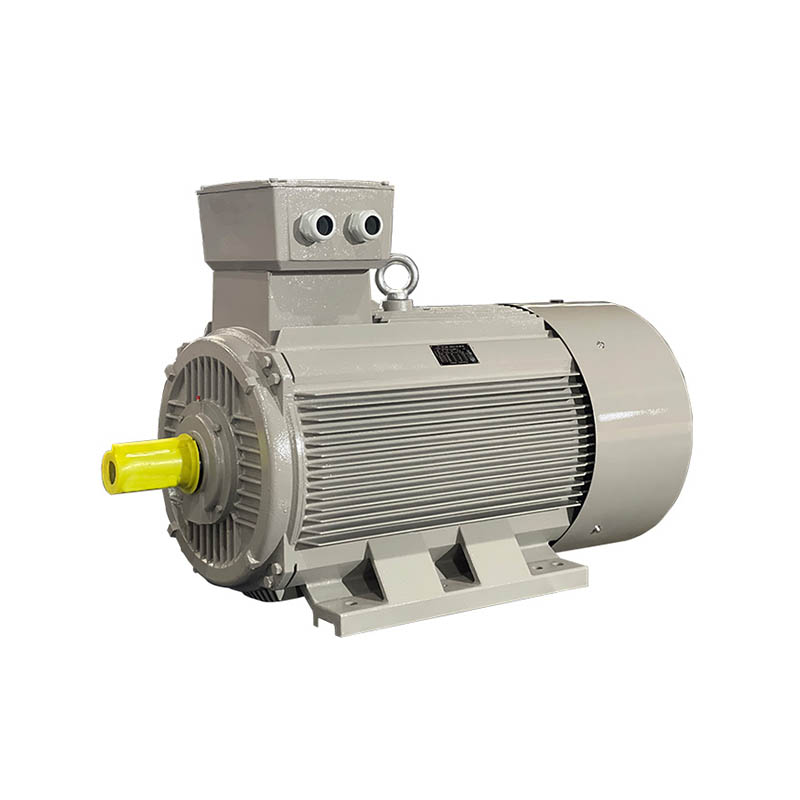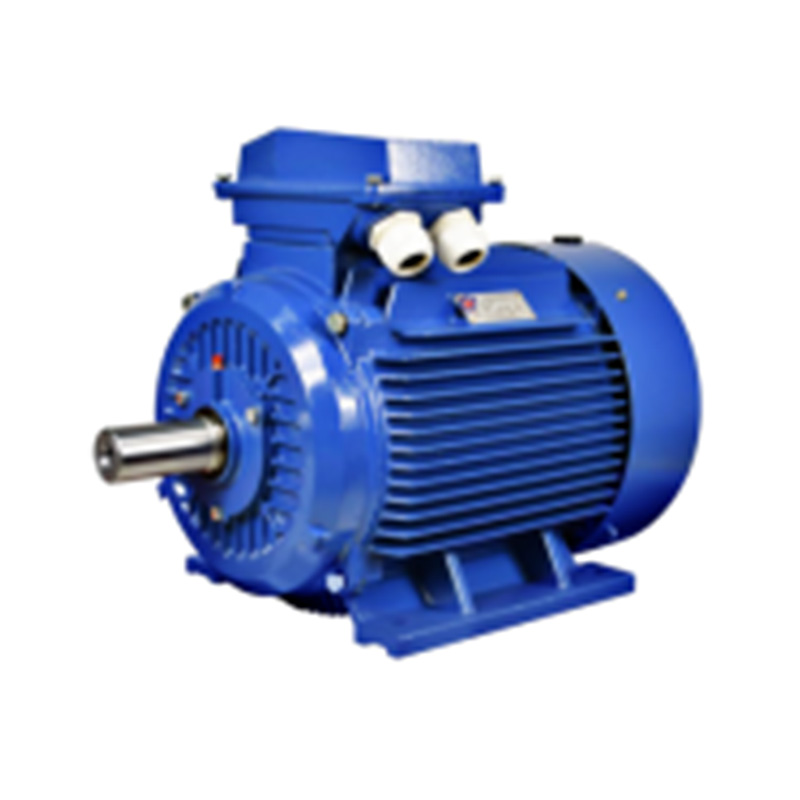Why are three-phase motors commonly used with pumps?
IMAGE 1: The relationship between the three phases of current YC Single Phase Motor

Three-phase alternating current (AC) induction motors are more common for commercial and industrial pumping applications than single-phase motors. Some of the reasons are:
Image 1 shows how the maximum current is passed from Phase A to Phase B to Phase C in a three-phase motor. After this sequence, the maximum current follows the same pattern but with reversed polarity.
Image 2 shows how the three-phase currents create a magnetic field that smoothly rotates inside the motor. The magnetic poles are color-coded to match the background color of the graphs of the current in each phase. The large letters, N and S, next to poles in Image 2 indicate the location of the peak magnetic field. The small letters, N and S, show the locations of weaker magnetic fields.
Notice how the magnetic field moves between poles and forces the rotor to spin in a specific direction. Because the AC is sinusoidal, the magnetic field of each phase is also sinusoidal. This results in a net magnetic field that rotates smoothly around the inside of the motor.
IMAGE 2: The motion of the magnetic field in a three-phase motor
For more information on electric motors, refer to the Hydraulic Institute’s “Drivers Application Guidebook: Electric Motors” at www.pumps.org/guidebooks.

IEC Standard Electric Motor HI Pump FAQs® is produced by the Hydraulic Institute as a service to pump users, contractors, distributors, reps and OEMs. For more information, visit pumps.org.